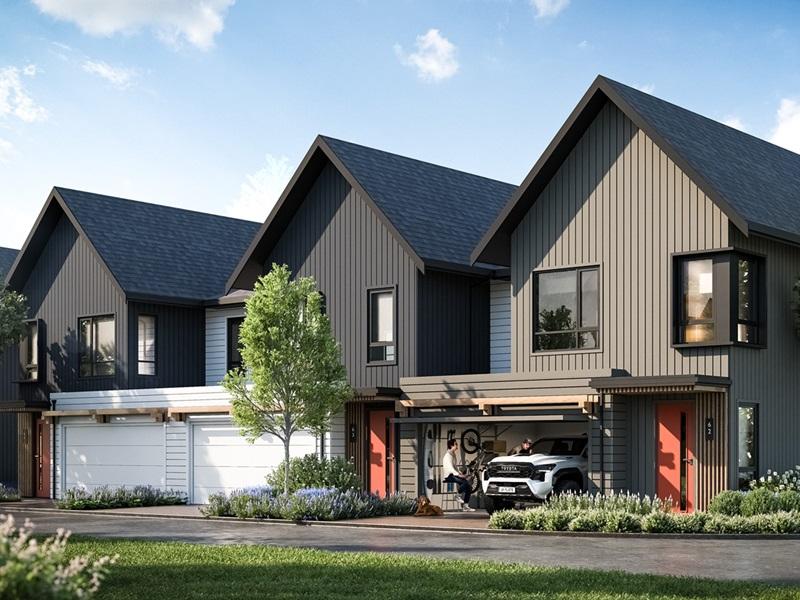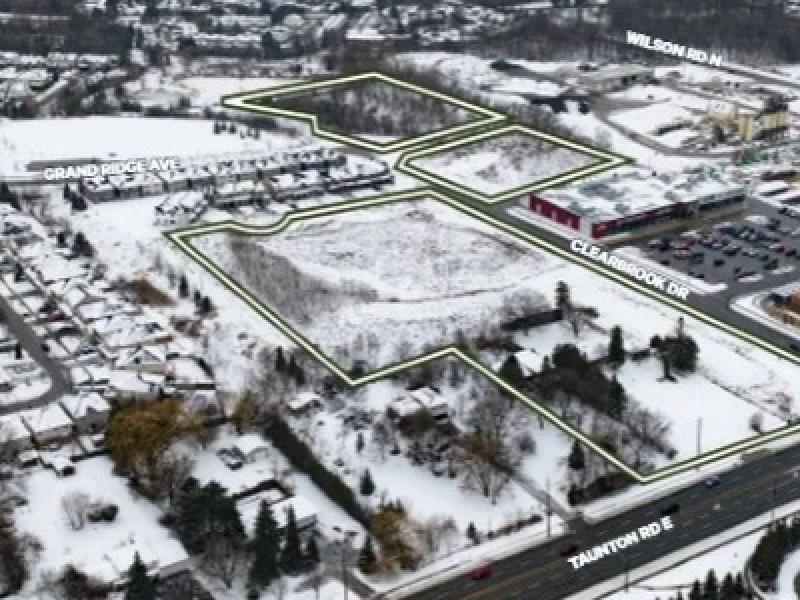
The City of Toronto's recent move to double as-of-right zoning density to 60 units for multifamily housing along major streets is getting mixed reviews from the development industry, with some contending systemic processes and delays will negate its purported improvements to building economics.
“I don’t think it’s going to have nearly the impact its authors think it will, because there are tremendous impediments in the way of small- and mid-sized developments,” Finley McEwen, president of Beachco Real Estate Holdings Ltd., told RENX Homes. “Most of them will still exist after this thing is implemented.”
The amendment was introduced by Coun. Brad Bradford, who cites internal city data to argue the previous 30-unit cap generally wasn't financially viable even in suburbs like Scarborough - much less in the urban core - for non-profit and market builders alike.
Critics like McEwen say the motion amounts to window dressing because of problems that have persisted for years. He says planning departments – generally staffed by people with whom developers forge working relationships — aren’t the problem.
He instead pointed to interlacing and ever-growing regulatory regimes that encumber civil servants along with developers.
It’s the latter, however, who bear the financial brunt.
Beachco's mission to develop missing middle-type housing
McEwen and his wife founded Beachco in 2019 to develop gentle-density housing on infill sites. In other words, Beachco’s founding mission is to create the so-called “missing middle housing” provincial and municipal governments have for years been clamouring to promote.
As a 35-year veteran of the real estate industry, including a long stint at Cadillac Fairview, McEwan is well apprised of the gaps in Toronto’s housing ecosystem.
In 2021 Beachco secured Canada Mortgage and Housing Corporation financing for Cliffside Apartments at 2380-2382 Kingston Road, a six-storey, 39-unit building with grade-level retail. While Cliffside welcomed the first of its occupants last month, McEwan said the process was, from start to finish, marred by a series of delays and problems.
“This project was financed through the CMHC mortgage program designed to promote housing, and CMHC provided us with the financing back in 2021, but it expired because we couldn’t get a building permit from the City of Toronto,” McEwen said.
Beachco managed to secure the same financing loan again in late 2022, and still awaiting building permits, the developer decided to begin construction, fines — in addition to about a dozen violation notices — be damned.
“We couldn’t take a chance that we were going to lose our financing again,” McEwen said. “Really, I don’t like doing that, because the individuals we deal with at the City of Toronto are all professionals, and I don’t like breaking the rules, but we had no choice because we couldn’t survive another relapse of our financing.”
Cliffside Apartments even features a 35-kilowatt rooftop solar array — a sustainable but costly component the likes of which local officials heavily promote — that can offset the building’s energy needs in the summer by 25 to 33 per cent.
But even with the as-of-right zoning density increase — applicable to Cliffside with its Kingston Road frontage — Beachco would still jump through hoops to get the project into the ground today, McEwen said.
“Even with this new zoning provision, you have one thing out of line and you’re going to committee of adjustment,” he said. “You’re still likely going to end up with sightline and shadow restrictions on many of these sites.”
High development costs major barrier: Wilkes
David Wilkes, president and CEO of the Building Industry and Land Development Association, welcomed the density increase, at least for its potential. But he cited the high amount of municipal taxes paid by developers as the main reason they’re daunted by building economics in Toronto.
Because those costs are ultimately borne by consumers — comprising about a quarter of how much a buyer pays for a Toronto-area home — they’re especially vulnerable to market vagaries like increases to the consumer price index and interest rates.
‘This will speed approvals because it’s designated as ‘as-of-right,’ but this culture change has to be supported by change in other areas, like speeding up approvals, the costs associated with the time they take at the City of Toronto’s Development and Growth Division, and looking to streamline that proposal,” Wilkes said.
“There needs to be a wholesale look at the way all municipalities, including Toronto, fund growth. We believe the development charge model has outlived its usefulness, and we need to look at how infrastructure needs can be funded by the community instead of new homeowners.”
Despite the cynicism, however, both McEwen and Wilkes agree the density increase is a step in the right direction.
However, all pointed to potentially ruinous building economics.
Jeremy Reeds, president of Windmill Developments, an Ottawa-based firm which builds sustainable, community-centric homes, cautioned against presuming higher density alone is a panacea.
“Don’t get me wrong, from an approvals process, it significantly helps the financial economics, but the problem in Toronto is the innate cost of land and the cost to build,” he said. “To get 60 units on a lot, you’re not just buying one lot that can fit those into six storeys - but if you can it’s then all filled with studios.
“If you want to build something that is livable, with respect to multiple aspects of life, you need a mix of one and two beds so it’s more family-oriented, not just an apartment full of studios people live in for a year or two before they can move on.”










